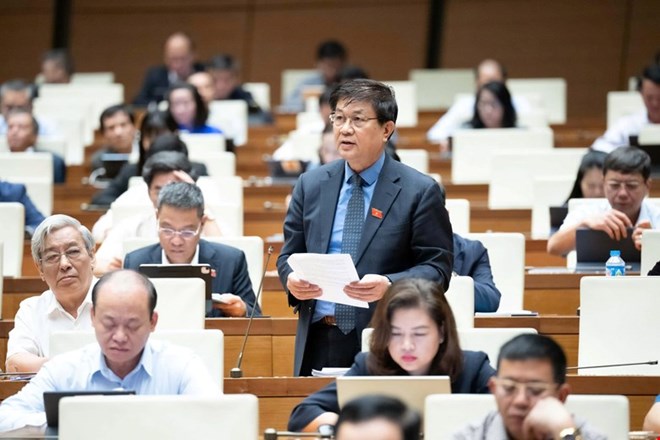
National Assembly Delegate Do Ngoc Thinh discusses the Extradition Law project. Photo: Pham Thang
On the morning of October 27, the National Assembly discussed the draft Extradition Law.
Delegate Do Ngoc Thinh ( Khanh Hoa delegation) said that the draft law stipulates that extradition is the act of Vietnam transferring to a foreign country or a foreign country transferring to Vietnam a person who has committed a crime or a person convicted of a crime and is present in its territory so that the receiving country can prosecute or execute a penalty against that person.
However, for the extradited person (i.e. the offender or the person convicted of a crime) in case of having assets in the country requested for extradition, whether these assets are transferred to the country requesting extradition or not is not yet regulated by law.
The Khanh Hoa delegation gave an example: when extraditing a Vietnamese person living abroad to Vietnam, is it mandatory for the Vietnamese person's assets to be transferred from abroad to Vietnam? And what is the procedure for requesting the foreign country to transfer the assets of the extradited person to Vietnam?
In practice, the person sought for extradition (i.e. the offender or the convicted criminal) who has spent time in the requested country often has assets. These assets may be legitimate or criminally acquired.
"In case they are extradited, how will this property be resolved? Will it be transferred to the country requesting extradition or will it remain in the country requested for extradition? I think it is necessary to add this provision to the draft law to resolve the practical problems that arise," Mr. Thinh stated his opinion.
According to the delegate, reality has shown that some Vietnamese people commit crimes of property appropriation when fleeing abroad with the appropriated property.
In this case, it should be clarified: When extraditing this person from a foreign country to Vietnam, the foreign country is responsible for transferring to Vietnam all of their assets that are in the foreign country. Similarly, for foreigners who are requested to be extradited from Vietnam to a foreign country, Vietnam is also responsible for transferring all of their assets to the foreign country.
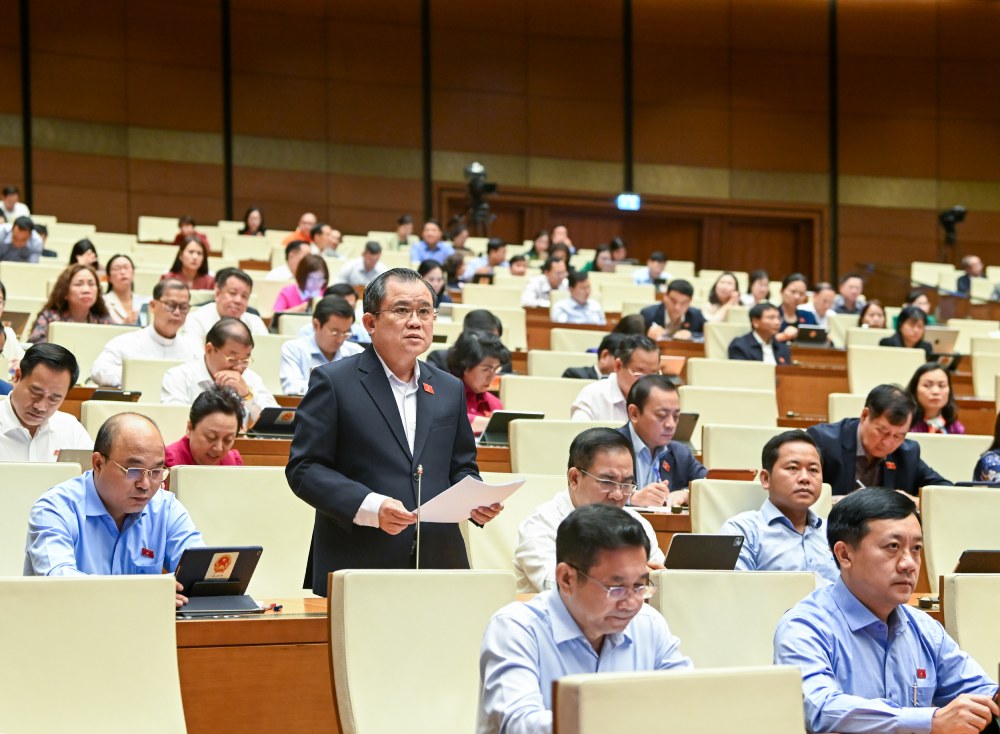
Delegate Nguyen Tam Hung. Photo: Pham Dong
Participating in the discussion, delegate Nguyen Tam Hung (Ho Chi Minh City Delegation) said that regarding cases that can be extradited, the draft law stipulates extradition for crimes with a prison sentence of 1 year or more. He said that this quantitative level is too low, easily leading to expanding the scope of extradition, even for less serious acts.
Therefore, delegates proposed to consider raising the minimum penalty threshold to 2 years in prison or more, in line with the practices of many countries such as Japan, South Korea, and Singapore.
"This not only ensures effective judicial cooperation but also avoids wasting administrative resources on small cases. At the same time, it demonstrates a humane policy, only extraditing acts that are truly dangerous to society," said delegate Hung.
For cases of refusal of extradition, he suggested considering adding grounds such as the special health condition or serious illness of the person requested for extradition to demonstrate humanitarian policy, while also being consistent with the United Nations' practices on human rights in extradition and asylum.
Regarding ensuring specific principles in extradition, the draft Law stipulates that the extradited person shall not be prosecuted for criminal liability for crimes other than the crime for which extradition is requested.
Agreeing with this provision, the delegate suggested that the drafting committee consider adding the responsibility for post-extradition supervision of the competent Vietnamese authority, specifically the Ministry of Public Security .
Source: https://laodong.vn/thoi-su/de-xuat-bo-sung-quy-dinh-ve-chuyen-giao-tai-san-cua-nguoi-bi-dan-do-1598842.ldo





![[Photo] Party Committees of Central Party agencies summarize the implementation of Resolution No. 18-NQ/TW and the direction of the Party Congress](https://vphoto.vietnam.vn/thumb/1200x675/vietnam/resource/IMAGE/2025/10/27/1761545645968_ndo_br_1-jpg.webp)
![[Photo] National Assembly Chairman Tran Thanh Man receives Chairman of the House of Representatives of Uzbekistan Nuriddin Ismoilov](https://vphoto.vietnam.vn/thumb/1200x675/vietnam/resource/IMAGE/2025/10/27/1761542647910_bnd-2610-jpg.webp)

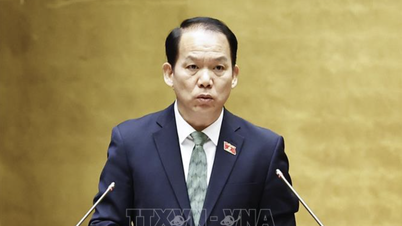

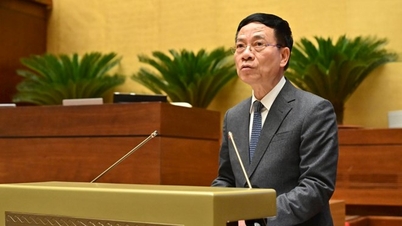
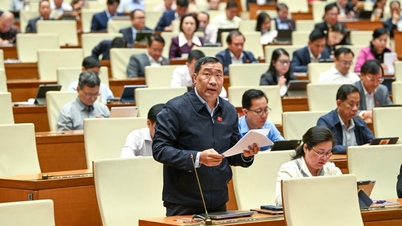

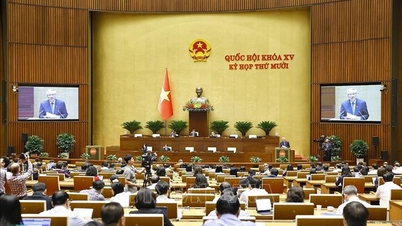
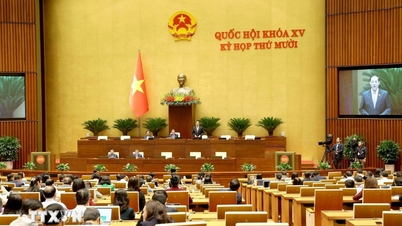
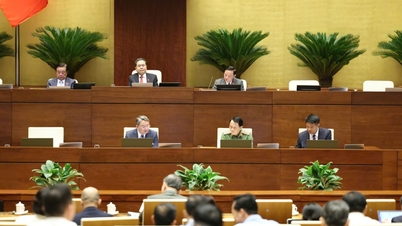
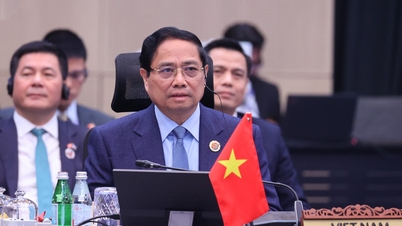
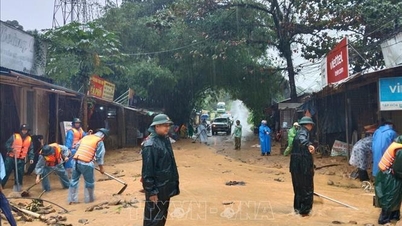
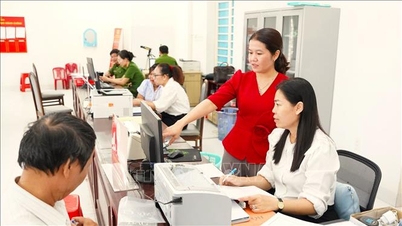
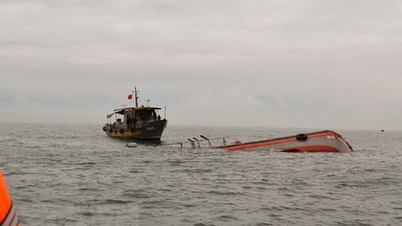
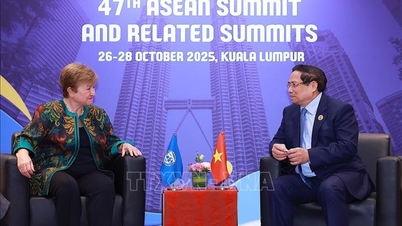
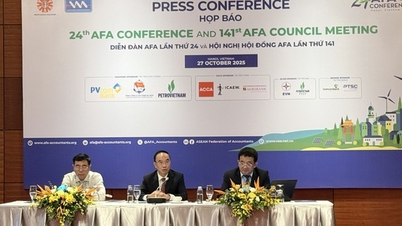









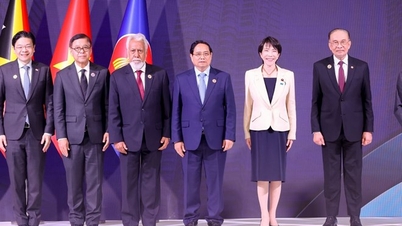
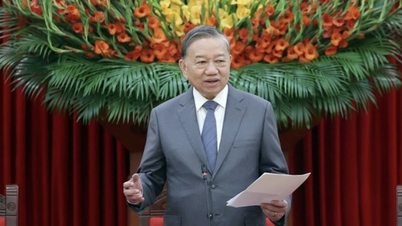












































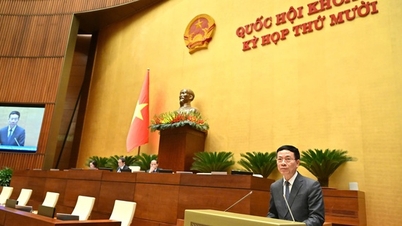



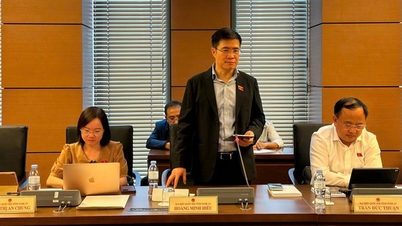
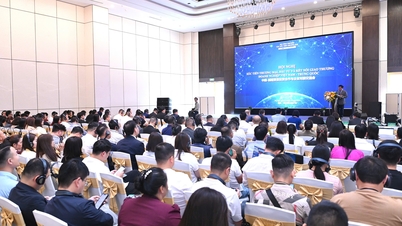

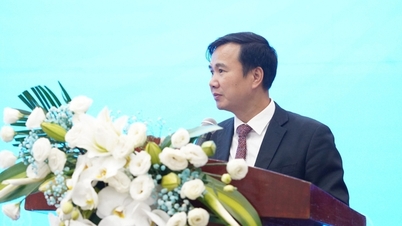
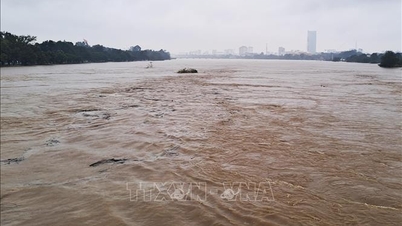

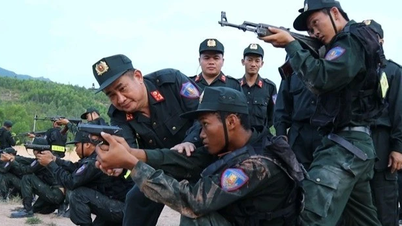

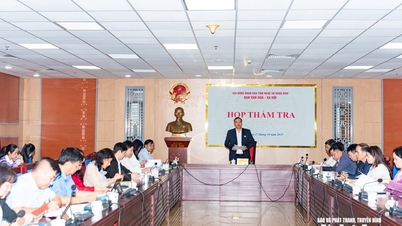



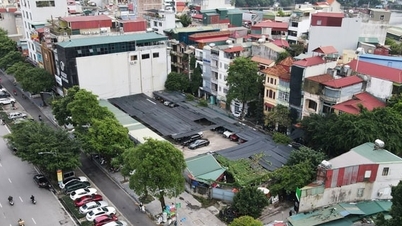













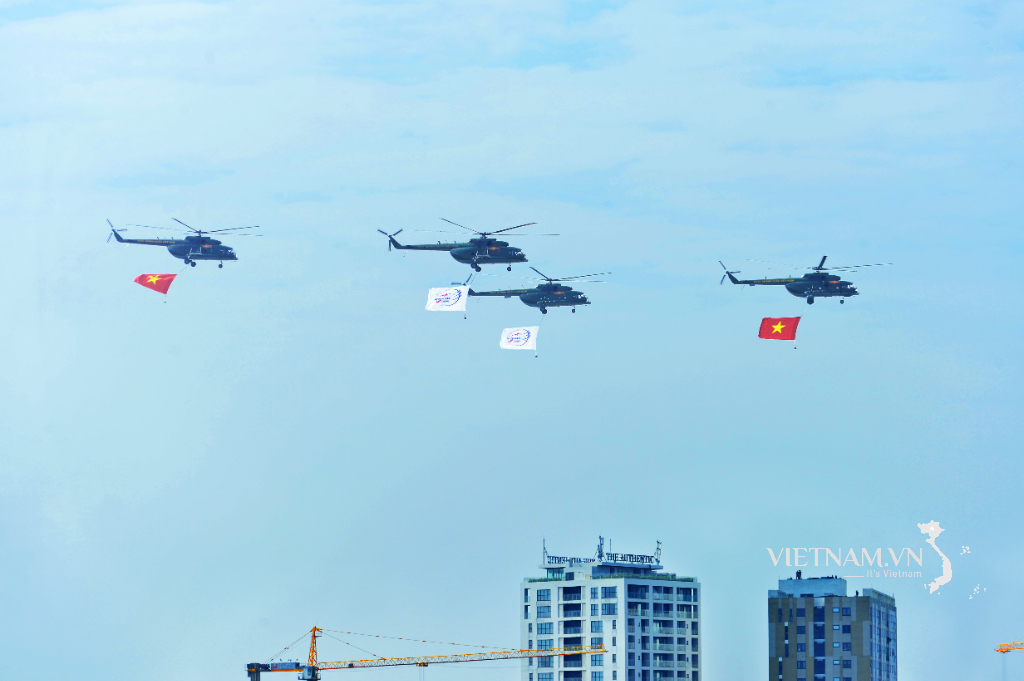

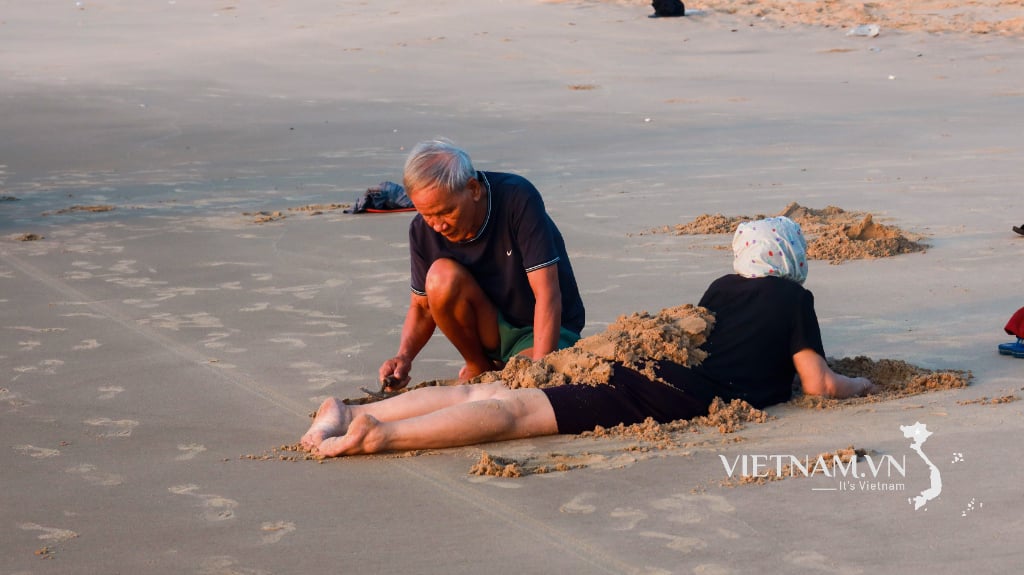

Comment (0)